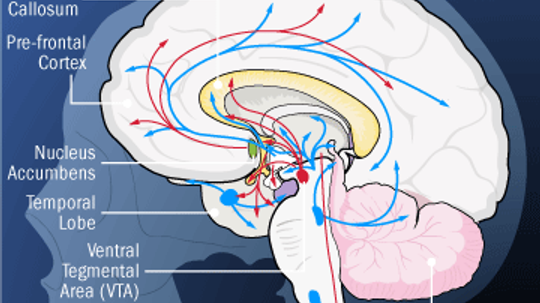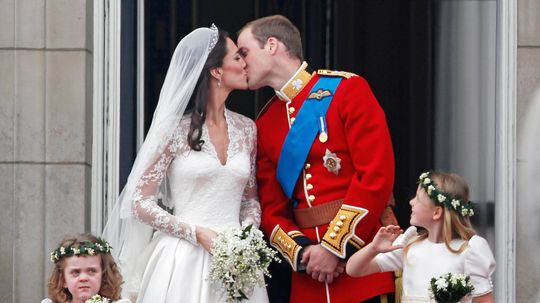Emotions
What are the health benefits of laughter? What is happening in the brain when you're in love? What are the effects of isolation on the mind? Find out in these articles about human emotion.
Learn More / Page 3
Are looking for ways of raising your self-esteem? Check out what we have uncovered for elevating your self-esteem in this article.
There's no doubt that humans are a violent species. The real question is: Why? Are some people wired differently than others? Is it a matter of survival? Or are we just taking our frustrations out on others in violent ways?
It's already a scary world. Why do we seek to experience more fear?
By Jamie Allen
Advertisement
The great bullies that have graced the movie and television screen are mostly males, from Bluto to Biff Tannen. We tend to expect boys to throw the punches. But just because girls aren't bloodying noses on the playground doesn't mean they aren't fighting dirty.
If someone tells you he or she possesses the secret of happiness, that person may also have a bridge to sell you. The things that make some people happy may lead to utter despair in others. As it turns out, humans may have to look into themselves to find happiness.
By Josh Clark
What constitutes happiness? Is it the absence of pain or an abundance of pleasure? It is simply a fortunate function of the brain? If it's the latter, then we should be able to manipulate it -- perhaps in the form of a "happy pill." It may surprise you, then, to learn that we already have one.
By Josh Clark
The Scandinavian countries tend to come out on top in the World Happiness Report. But the report doesn't actually ask participants if they're happy. When that question is included, the country rankings are quite different.
By Dave Roos
Advertisement
What do Donald Trump, Bob Dole and LeBron James have in common? A tendency to talk about themselves in the third person. But is it just egotism or is there a hidden benefit to saying your name rather than "I"?
By Dave Roos
A new study shows that mothers prefer daughters and fathers prefer sons, regardless of economic background, contradicting an earlier well-known hypothesis.
By Alia Hoyt
Maybe. A study that wasn't even about kissing turned out to (sort of) give the answer.
Ever had a "woulda, shoulda, coulda" feeling about something? It's called regret. What really triggers this emotion - and can we trust it?
By Dave Roos
Advertisement
It's not just your imagination - people feel freer to bail out on others at the last minute than they used to. But why?
Emotionally sensitive people sometimes get a bad rap from others. But being an empath can be a gift, as long as you take care of it. So how do you know if you're one?
By Alia Hoyt
If you want to quantify how happy someone is, do you count the number of smiles he or she cracks in a single day? Some researchers are stumped as to how happiness can be measured.













